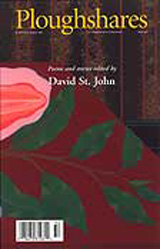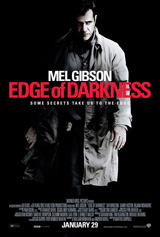Expressions such as for example, namely, and that is are usually followed by a comma. Because they introduce parenthetical information, they can be preceded by a comma or an em dash or, if they introduce an independent clause, a semicolon. They can also be enclosed with the entire phrase they introduce by parentheses or a pair of em dashes.
Even when employed full-time, I have worked as a freelancer for more than ten years, for example, reviewing movies for LA CityBeat.
Recently I have added more services to my freelance business—namely, consulting and copyediting.
My freelancing business fills my days with variety; that is, in the morning I might interview experts for a magazine article and edit fiction manuscripts in the afternoon.
Meanwhile, I have my own projects (in other words, my blog).
One exception to this guideline is the use of or to mean “in other words.” In this case, or should be preceded by a comma but not followed by one:
Among the benefits of freelancing, or self-employment, is the flexible schedule.
Do you have a question about the comma? Let me know, and I’ll include it in a future installment of Mots Justes’ ongoing series.
The Mots Justes Series on Commas
Part I—To Serialize or Not to Serialize
Part X—Adjectival Phrases and Appositives
Resources
Chicago Manual of Style, The. 15th ed. Chicago: The University of Chicago Press, 2003.







